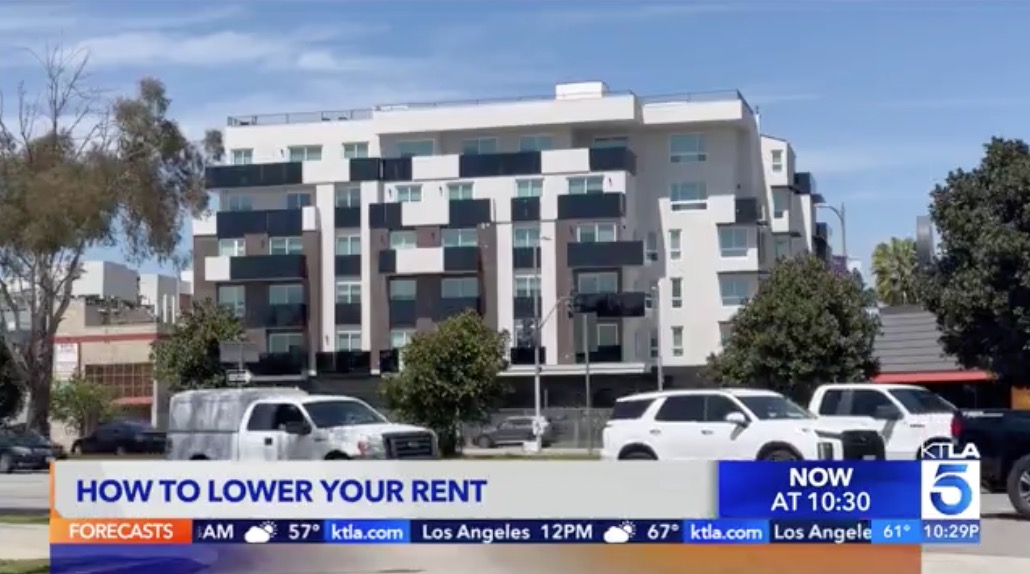If you have no credit history, you might be worried about scoring a rental apartment, and with good reason. Most landlords and property managers run a credit check and prefer to rent to tenants with good credit.
A positive payment history on your credit report shows that you’re more likely to pay rent on time. If you’re a student or have other reasons for not building credit, you’re not alone. Nineteen percent of Americans don’t have a conventional credit score, according to recent data from major credit bureau Experian.
Luckily, you have options for renting an apartment with bad credit or no credit history. You may be required to provide additional documents or negotiate your lease, but knowing how to explain your situation can help get your rental application approved. Here’s how to rent an apartment with no credit score.
What credit score do you need to rent an apartment?
There are no minimum credit score requirements to rent an apartment. However, landlords have the right to review your credit score and credit history and make a decision about your rental application.
Potential landlords want to ensure that you reliably pay bills, can afford the monthly rent, and don’t have large debt payments. According to Experian, the average renter’s FICO credit score in the United States was 638 in 2020, while renters in larger cities, like New York or San Francisco, have average credit scores above 700.
It’s a good idea to review your free credit report at annualcreditreport.com so you know what to expect. If a hard inquiry into your credit will reveal late payments or other issues, it’s best to be proactive about explaining the situation to your potential landlord.
How to rent an apartment if you have a low credit score
Rent from a landlord vs. a property manager
Make sure you look at rental apartments owned by individual landlords rather than property managers. Individual landlords may be willing to work with you if you can provide proof of trustworthiness outside of your credit report. Property managers are more likely to just move on to the next applicant and pick the most credentialed one. Therefore, renting from an individual landlord will probably save you some wasted applications.
Be honest and explain why you have poor credit
The most important thing is to be honest and straightforward about your situation. Be proactive and have a conversation with your landlord before they pull your credit records. If you’re filling out a rental application, attach a letter explaining why you have no credit history.
You might be a fresh college graduate who’s never had a credit card, for example. If you’ve made credit mistakes in the past, provide a reason why it won’t happen again. Maybe your income is more stable or you’ve gained credit knowledge since the derogatory mark on your credit report.
Have personal references and other documents ready
With no credit history, there are alternative ways you can prove to a potential landlord that you’re a reliable tenant. Including references or letters of recommendation with your rental application could help your case a lot.
These don’t have to be from previous landlords or roommates if you don’t have any, but a reference from someone who knows your rental history could help. Former or current supervisors can vouch for you because they can attest to the fact that you’re trustworthy and responsible. Also be sure to provide proof of income, such as pay stubs or bank statements, and anything else the landlord requests.
Offer a large security deposit
Most landlords will require a security deposit of at least one month’s rent upfront, but offering three months’ rent can help you stand out against more creditworthy applicants. This will show a potential landlord that you’re prepared to invest in this rental apartment, even with no credit. It will also offer them some security if things go wrong. And remember, this isn’t just money down the drain––there are lots of ways to get your security deposit back at the end of your lease.
Offer to move in right away
Vacancies can quickly cut into a landlord’s profits. Ongoing bills can pile up if there’s no one to pay rent. That means landlords are typically motivated to rent empty apartments as soon as possible. If you offer to move in right away, it could save your potential landlord money compared to renting to other applicants. This will also show a potential landlord that you’re serious about committing to the rental apartment.

Discuss the length of the lease
A typical lease is 12 months, but it’s not the only option. If your potential landlord or property management company is uncomfortable with this length of time since you have no credit history, you could suggest a shorter lease. Ask if a six-month lease or month-to-month situation would be preferable. After you make a few on-time rent payments, you could revisit the matter, and decide whether you should move out or renew your lease.
Get a roommate with a good credit score
If you can find one or more roommates with higher credit scores, the landlord or management company will have another responsible party to rely on for rent payments. If it’s your first time renting an apartment, we have some tips on how to find a roommate and how to rent with a roommate.
Get a co-signer
A creditworthy friend or family member can act as a guarantor for your lease. This will give your landlord reassurance, but your co-signer will be on the hook for the rental payments if you don’t pay your bill. To avoid tension in your relationships, outline a budget with your co-signer so they feel confident you can make on-time payments, especially if it is your first apartment.
Improve your credit with the tools available to you
You may be able to get a credit score in minutes by using Experian Boost and Experian Go. Experian Go guides you on your path to building credit, which may include signing up for Experian Boost. Experian Boost allows you to get credit for on-time utility and streaming service payments.
Both tools are free to use, and 91% of credit invisible consumers can become scorable with an average FICO score of 665 just minutes after connecting to Experian Boost. After that, you can continue to build credit by following Experian’s recommendations, like applying for a secured credit card.
Let Dwellsy help you find your next apartment
Dwellsy makes finding your next rental apartment easy. With Dwellsy’s Verified Badge, you can see which listings have been confirmed as trustworthy and which have not. Also, Dwellsy doesn’t offer sponsored posts, so search results are only based on your preferences. Reach out today to find your next rental home.
Check out Dwellsy’s blog.
Looking for a new rental? Dwellsy can help.








